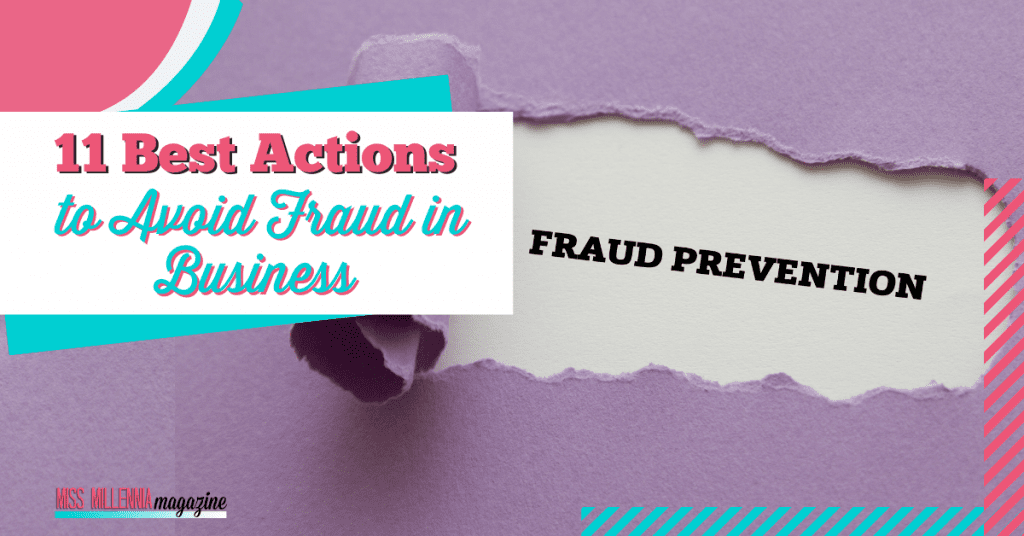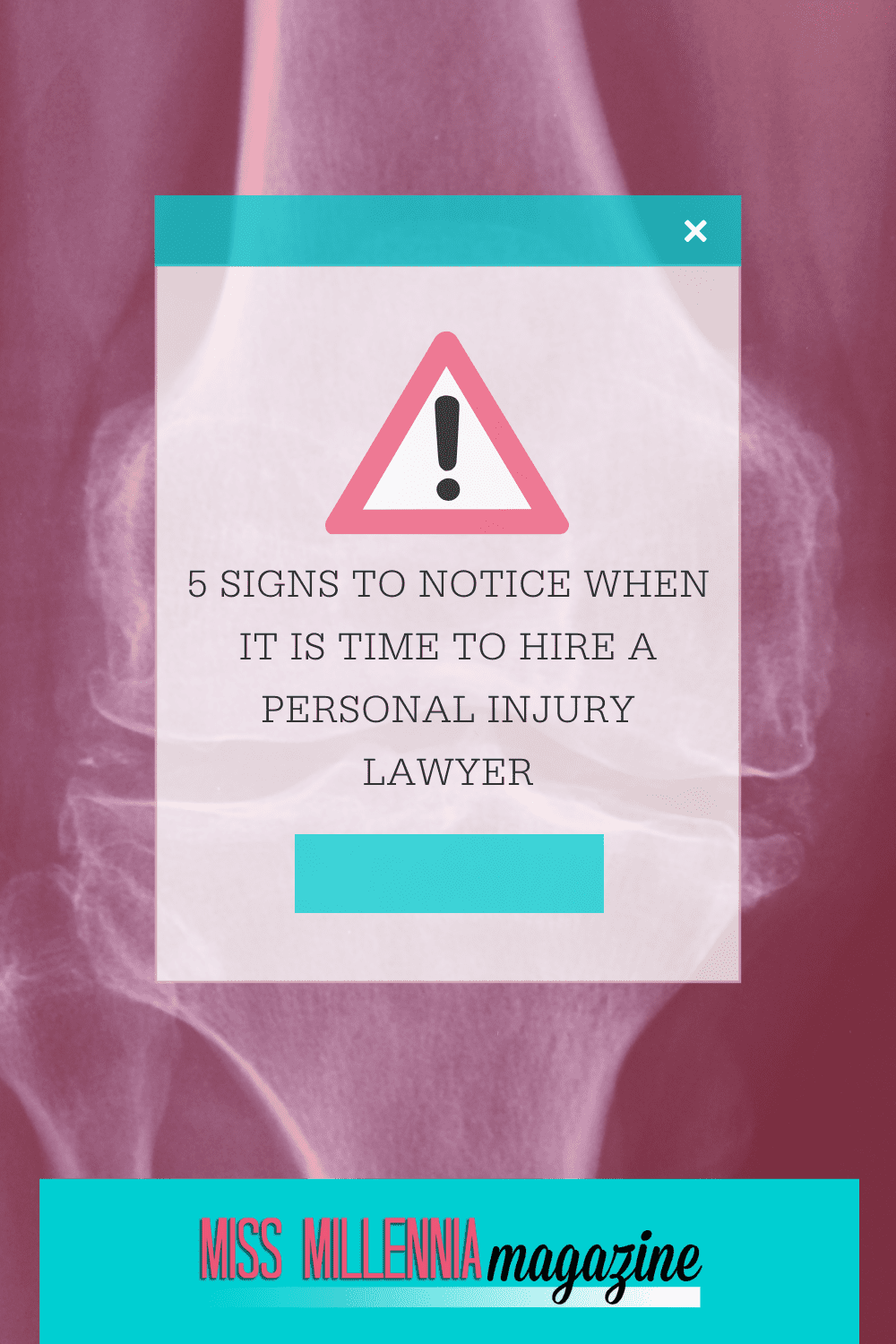11 Best Actions to Avoid Fraud in Business

Business fraud is a serious issue that can devastate companies of all sizes. This blog post will discuss some of the most common types of business fraud and tips for avoiding them. We’ll also talk about what to do if you think your business has been the victim of fraud.
#1: Educate Your Employees
One of the most important steps you can take to prevent business fraud is to educate your employees. Have clear policies that outline what employees should do if they encounter any suspicious activity and ensure that all employees are aware of them.
Additionally, consider working with a professional security consultant who can provide detailed training for staff members on recognizing and responding to fraudulent situations.
#2:Implement Policies and Procedures

Another way to protect your business against fraud is to implement policies and procedures that help minimize risk. For example, establish an audit program to examine financial records regularly; create a code of conduct that outlines acceptable behavior in the workplace, and have a written policy regarding the use of corporate credit cards.
#3: Monitor Your Accounts Regularly
Staying vigilant is vital when it comes to protecting your business from fraud. Ensure you regularly monitor all company accounts, including bank statements, credit card transactions, and other financial activities. This will help you spot suspicious activity quickly so that you can address any potential issues before they become serious problems. It’s also important to review employee access rights regularly and make changes as needed.
#4: Secure Your Systems
One way to decrease the risk of fraud is to secure your systems. Ensure all your customer data is encrypted and stored securely, including any online forms or databases. Additionally, use strong passwords for all accounts, restrict access to sensitive information on a need-to-know basis, and install firewalls and antivirus software to help protect against malicious attacks.
#5: Monitor Financial Statements Carefully
Another way to minimize the chance of fraud in your business is to monitor financial statements carefully. Regularly review and analyze financial information, such as Balance Sheets, profit and loss statements, and cash flow statements, to ensure accuracy and honesty.
You can also utilize software programs designed specifically for tracking business finances; many are available with features that allow you to quickly identify suspicious transactions or discrepancies in the accounts. Make sure whoever is handling the accounting has adequate training on how to use the system and be aware of what data entry processes need to be followed for accurate reporting of the financial performance of your business.
#6: Secure Your Assets

Securing your physical assets and information is essential to protect your business from fraud. Make sure all access points are locked with strong passwords and that any data is encrypted when stored digitally. Consider using two-factor authentication on any accounts or devices to add another layer of security for protecting valuable information. Additionally, be sure to give out the necessary amount of access needed for each employee to reduce the risks of insider fraud.
#7: Develop a Culture of Compliance
Fraud prevention should not just be the responsibility of those in charge of finances; an entire company culture should be dedicated to compliance and ethical practices. Establish clear policies and procedures, communicate them to employees, and ensure everyone is aware of their responsibilities.
#8: Organize a Fraud Prevention Team
Businesses should assemble a team of experienced professionals to proactively identify potential risks or threats and implement effective countermeasures.
They should also set up an internal audit program to review operations routinely and identify potential red flags. The team should also consider implementing additional measures, such as anti-fraud software or monitoring solutions, to detect fraudulent activity.
#9: Use a Chargeback Management System
Finally, consider using a chargeback management system to reduce the risk of chargebacks caused by fraudulent activity. This can be an invaluable tool for controlling chargebacks and preventing fraud.
If you have a chargeback management system in place, it is essential to review the data and trends generated by the system regularly. This will help you identify any areas of concern and take appropriate action before fraud ensues. Additionally, there are some things you can do to mitigate fraud when utilizing a chargeback management system:
a) Monitor transaction activity closely – Keeping an eye on transaction activity helps you quickly identify suspicious activity or fraudulent charges.
b) Review customer profiles – Ensure all customer information is up-to-date and accurate, so you know whom you’re dealing with.
c) Check for duplicate payments – Regularly check for multiple attempts at prices from the same user or different users using the same payment method.
d) Monitor for unusual activity – Keep an eye out for large orders, multiple orders from the same IP address, or other suspicious behavior that could indicate fraud.
Using a chargeback management system can significantly reduce the potential for fraud and enhance your overall payment security. First, it is essential to monitor transactions, customer profiles, and any suspicious activity that may arise. The earlier you catch fraudulent charges and take preventative measures, your business will be better at avoiding costly chargebacks.
#10: Use Secure Payment Processors

Another way to protect your business against fraud is by using secure payment processors. When choosing a payment processor, look for fraud detection, encryption, real-time risk analysis, and specific data storage features. It’s also important to check the company’s reputation by reading customer reviews and looking for complaints about their services.
Finally, consider implementing two-factor authentication or 3D Secure on your website if possible. This is one of the best ways to protect against fraud, and it’s becoming increasingly popular among online businesses.
Monitor your payment processor regularly for suspicious activities and ensure all customer data is encrypted and stored securely. By implementing secure payment processes, you will significantly reduce the risk of fraud in your business.
#11: Set Clear Return Policies
Putting expectations upfront can help deter potential fraudsters. Be sure to explain eligibility requirements, such as proof of purchase and when returns must be made. Consider setting up a tiered system for different products and services (e.g., 30-day money-back guarantee vs. no returns allowed). Ultimately, doing so will help to protect you from fraudulent returns while still providing reasonable customer service.
It’s also essential to ensure that customers understand that returns may be subject to a restocking fee or other conditions. This will help deter potential fraudsters and encourage legitimate customers to follow your return policy guidelines.
In addition, create an address verification system for customer orders. This can help confirm that an order has been placed with a valid shipping address and can help verify customer information before proceeding with the transaction. Furthermore, consider implementing physical security measures (such as CCTV) at points of sale to protect yourself and your customers from fraudulent activity.
Finally, staying up-to-date on best practices for fraud prevention is crucial. Consider joining a specialized group or organization dedicated to helping businesses combat fraud in their industry.
By taking these steps, you can reduce the likelihood of fraud occurring in your business. Setting clear return policies and implementing address verification processes are just a few ways to protect your business from fraudsters. Finally, taking the necessary steps to protect your business from fraud can help keep your customers satisfied and profitable.
Overall, fraud is an essential issue for any business to take seriously. Doing so will help you maintain the profitability of your business in the long run.








